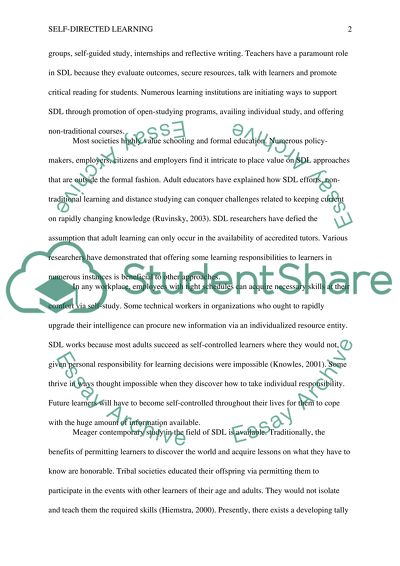Cite this document
(“Literature search Research Paper Example | Topics and Well Written Essays - 1250 words”, n.d.)
Literature search Research Paper Example | Topics and Well Written Essays - 1250 words. Retrieved from https://studentshare.org/psychology/1492959-literature-search
Literature search Research Paper Example | Topics and Well Written Essays - 1250 words. Retrieved from https://studentshare.org/psychology/1492959-literature-search
(Literature Search Research Paper Example | Topics and Well Written Essays - 1250 Words)
Literature Search Research Paper Example | Topics and Well Written Essays - 1250 Words. https://studentshare.org/psychology/1492959-literature-search.
Literature Search Research Paper Example | Topics and Well Written Essays - 1250 Words. https://studentshare.org/psychology/1492959-literature-search.
“Literature Search Research Paper Example | Topics and Well Written Essays - 1250 Words”, n.d. https://studentshare.org/psychology/1492959-literature-search.


